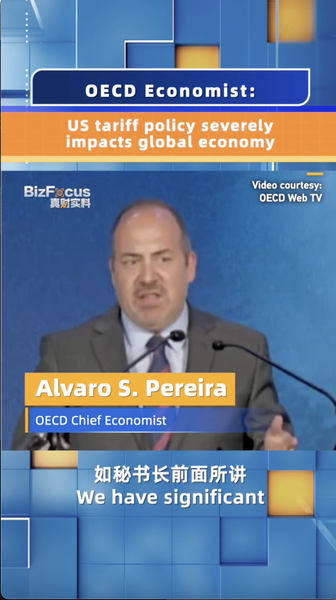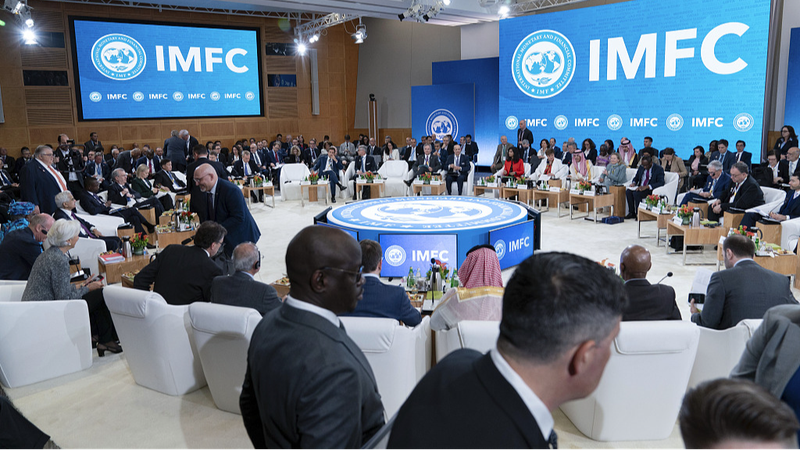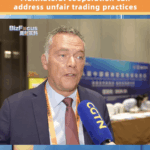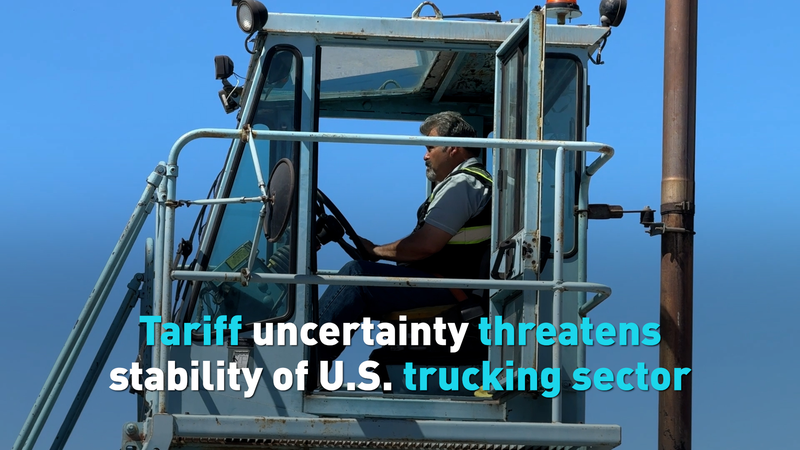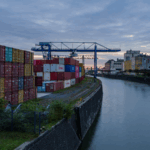OECD Chief Economist Alvaro S. Pereira issued a stark warning on Tuesday, stating that US tariff policies have reached their highest average levels since 1936, creating ripple effects across the global economy. The announcement comes amid growing concerns about declining consumer and business confidence worldwide.
Uncharted Economic Waters
Pereira emphasized that current trade policy uncertainty is 'unprecedented,' with protectionist measures disrupting supply chains and inflating costs for households and industries. Analysts suggest this could deter foreign investment in Asia's emerging markets, where export-driven economies remain vulnerable to trade volatility.
Asia's Strategic Crossroads
While the report did not single out specific Asian nations, economists note that regional manufacturing hubs and technology exporters could face collateral damage. Cross-strait trade between the Chinese mainland and the Taiwan region, along with Southeast Asia’s electronics sector, may experience heightened scrutiny from investors.
Pathways to Resilience
The OECD urged multilateral cooperation to stabilize markets, highlighting APEC members' recent dialogues on sustainable trade frameworks. For businesses, Pereira recommended diversifying supply chains and leveraging digital trade platforms to mitigate risks.
Reference(s):
OECD economist: US tariff policy severely impacts global economy
cgtn.com
